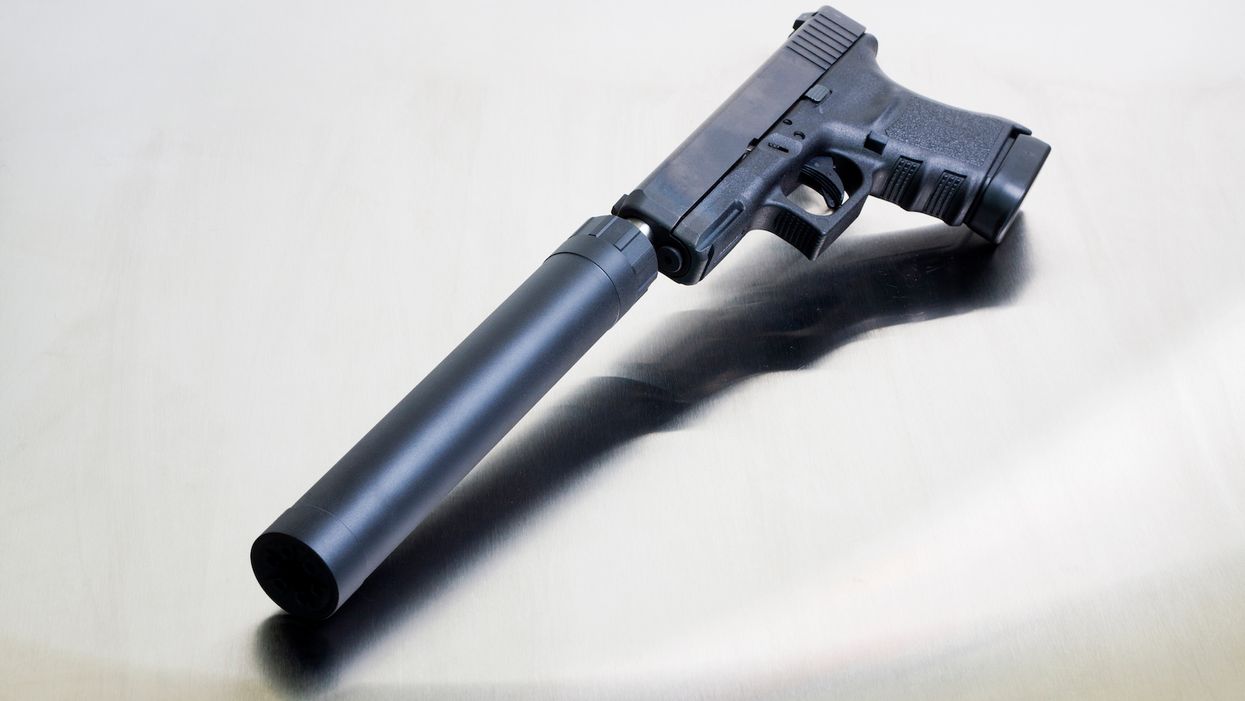
© 2024 Blaze Media LLC. All rights reserved.
SCOTUS declines to hear challenge to federal regulation of gun ‘silencers’
June 10, 2019
The justices provided zero explanation for the decision.
In orders issued Monday morning, the Surpreme Court denied the petitions for hearing of a pair of cases involving gun "silencers" — or suppressors — amid a national debate about whether the firearm accessory should be banned.
The cases of Cox v. United States and Kettler v. United States had to do with the National Firearms Act, which was first passed in 1934. The NFA does not ban suppressors, but it does create substantial bureaucratic and financial barriers to transferring them, such as filing paperwork with the Bureau of Alcohol, Tobacco, Firearms and Explosives and paying $200 for a tax stamp.
Shane Cox manufactured suppressors and sold them unregistered out of his army surplus store. Jeremey Kettler — a disabled Army veteran — bought one of those suppressors and then posted a video of it on social media. After that social media post some drew suspicion from ATF, Kettler was questioned about the purchase and charged with three felonies, including possession of an unregistered firearm. Cox was also charged under the NFA.
Kettler's lawyers later argued that he thought the "purchase, possession, and use of such a suppressor was entirely lawful." Both were later convicted under the federal statute.
Later, in federal court, Cox and Kettler raised the question of whether or not the federal government has the authority to regulate commerce between two private parties within one state and also said that the transaction was protected by Kansas state law. The lower courts disagreed, and now the Supreme Court has allowed those rulings to stand.
The justices did not comment on the decision to decline the cases. The Supreme Court's Monday order list as well as Kettler's 46-page petition in the case are out.
"Silencers" — more accurately called suppressors — reduce the sound of gunshots by functioning in a similar manner to a car muffler. They redirect the gas created by the combustion reaction of the gunpowder and introducing it more gradually to the surrounding environment.
Contrary to the misconception created by Hollywood action and crime movies, defenders of suppressors have long pointed out that the devices do not completely silence a gunshot but merely bring the sound level down to around that of a jackhammer.
The devices have existed since the early 1900s but have faced renewed focus from anti-gun activists in recent weeks after one was used at a recent shooting in Virginia Beach,.
During a recent interview while in the United Kingdom, President Trump said that he would "seriously look" at banning gun suppressors. He explained that he doesn't "like" suppressors, but also doesn't "love the idea" of banning them.
Want to leave a tip?
We answer to you. Help keep our content free of advertisers and big tech censorship by leaving a tip today.
Want to join the conversation?
Already a subscriber?
more stories
Sign up for the Blaze newsletter
By signing up, you agree to our Privacy Policy and Terms of Use, and agree to receive content that may sometimes include advertisements. You may opt out at any time.
© 2024 Blaze Media LLC. All rights reserved.
Get the stories that matter most delivered directly to your inbox.
By signing up, you agree to our Privacy Policy and Terms of Use, and agree to receive content that may sometimes include advertisements. You may opt out at any time.



